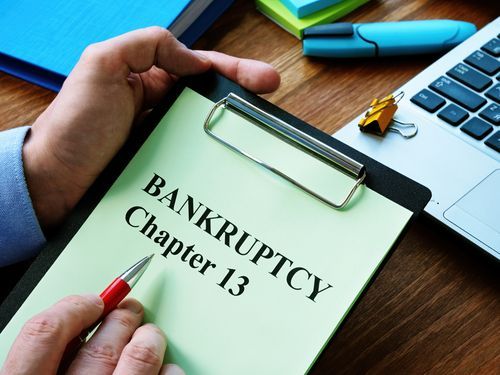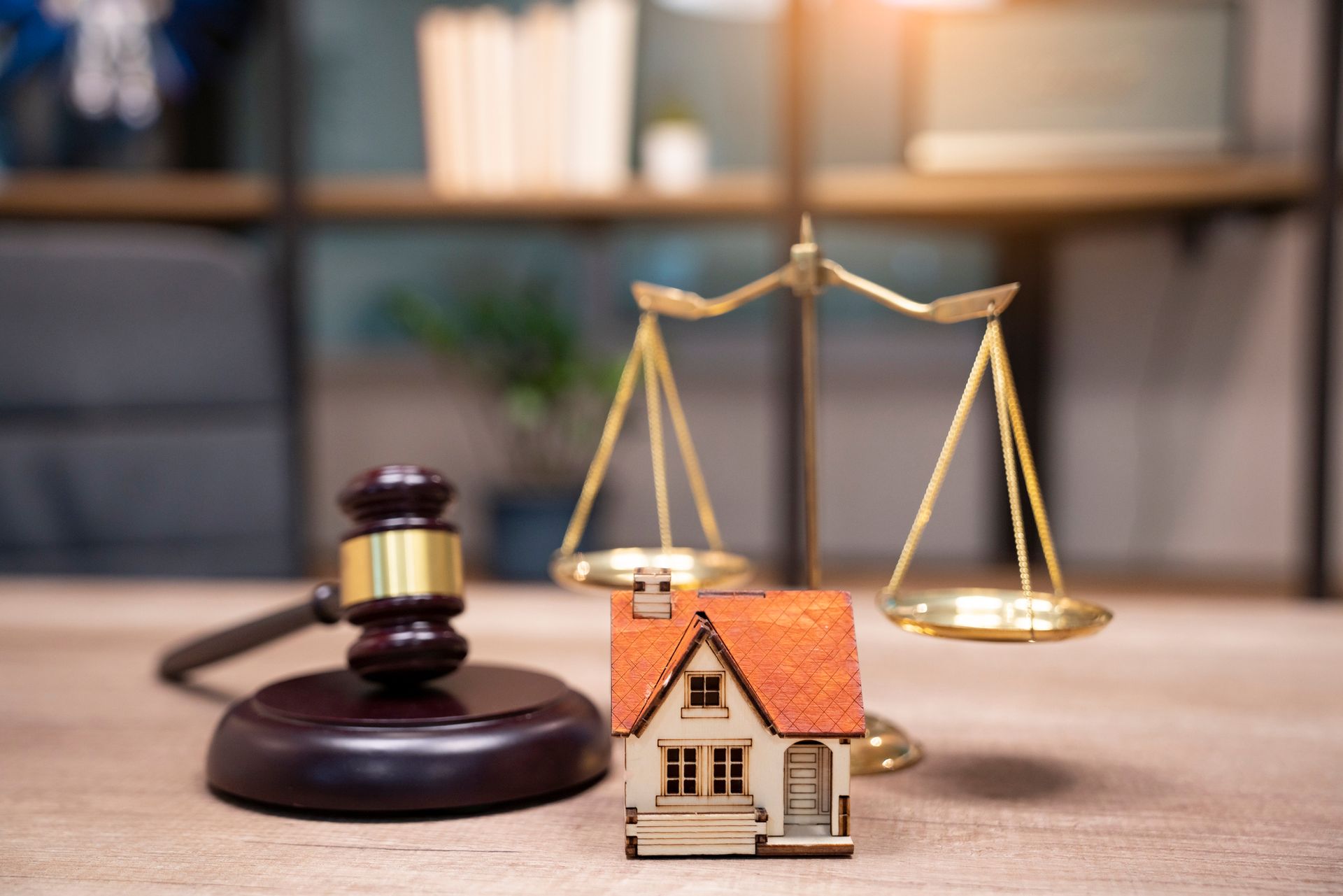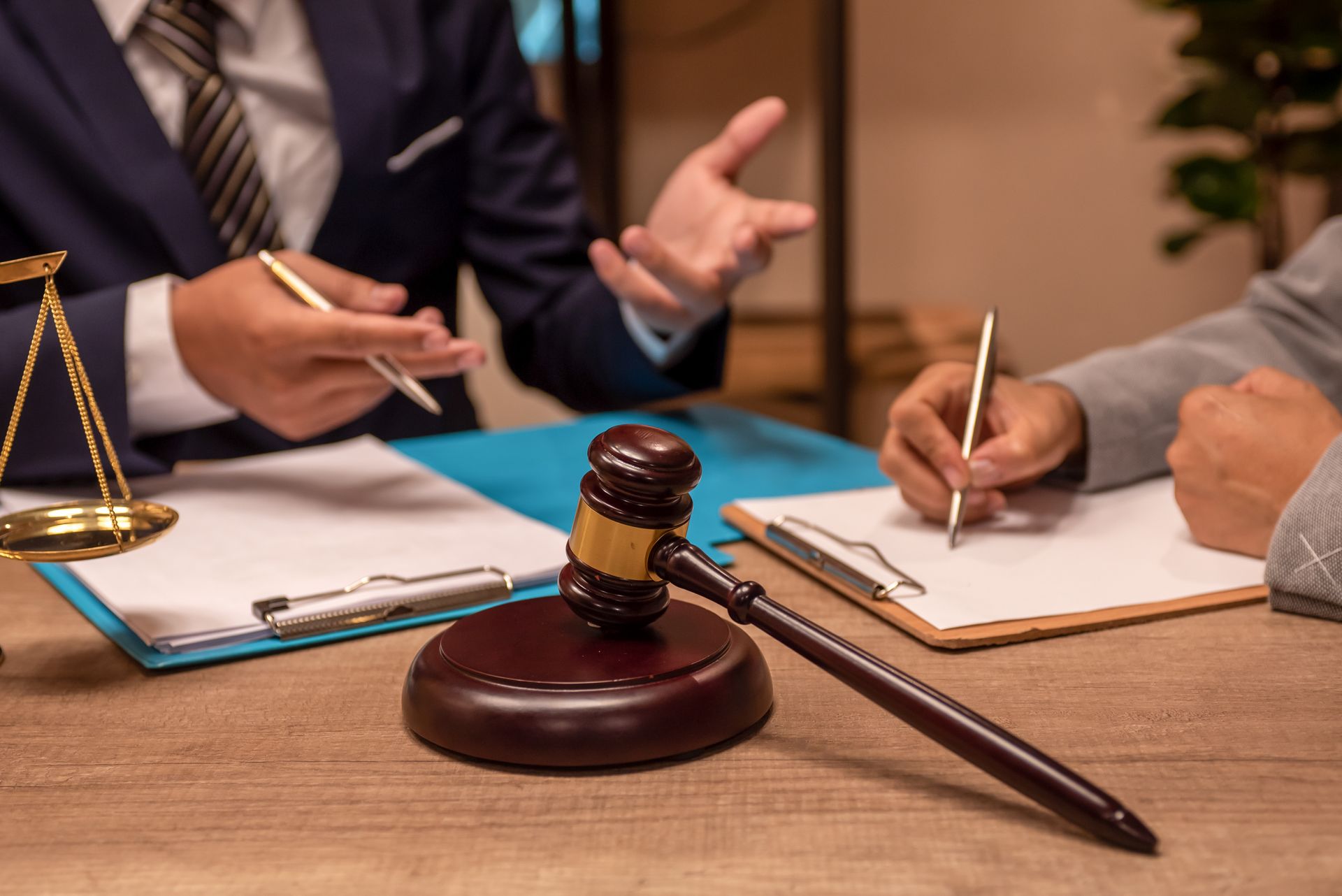How does a NJ Chap 13 bankruptcy work

If you are considering filing for bankruptcy, you will likely compare the differences available to you between Chapter 7 and Chapter 13 bankruptcy. Each has its benefits and drawbacks. It is possible to qualify for Chapter 7 and not for Chapter 13 and vice versa. Determining which chapter of bankruptcy is right for you will depend on your specific circumstances. Veitegruber Law can help you determine if Chapter 13 bankruptcy is the correct choice for you. Today, we’ll jump into the topic here on the blog to help you get started thinking about your options.
Individuals in New Jersey are eligible to file for Chapter 13 bankruptcy only if they can prove they have the income to repay all or a significant portion of their debts over a three-to-five-year period. Chapter 13 functions a bit like a debt consolidation plan. The court determines how much debt you owe and how much income you can realistically spend on debt per month. The court will then establish a repayment plan through which you will make one monthly payment. The bankruptcy trustee assigned to your case then disperses your monthly payment to your various creditors.
Will all of my creditors be paid equally?
Some of your creditors may only be repaid a small portion of the total debt owed through this repayment plan. Typically, secured debt is repaid before unsecured debt. So, your mortgage company will be compensated before credit cards or medical debts. Regardless of how much debt you can pay off through the repayment plan, any remaining debt will be discharged at the end of the three or five years. During the repayment process, creditors cannot start or continue any attempts to collect overdue debts.
Why choose Chapter 13 bankruptcy over Chapter 7 bankruptcy?
In Chapter 7 bankruptcy, the court can discharge all your debts in a few months instead of at the end of a repayment period. However, Chapter 7 is not suitable for everyone. In order to qualify for Chapter 7, you need to satisfy specific income requirements. If you earn more than the income maximum, you will (likely) not be eligible for Chapter 7. There are exceptions, but they are few and far between. If you have significant equity in your home, you may not want to lose that equity through the asset liquidation process of Chapter 7. Similarly, if you want to protect other property like a vehicle or other real estate, Chapter 7 may not be right for you.
You also cannot discharge any debt owed to the IRS. So, if your debts include payments to the IRS, you will need to settle this debt under a Chapter 13 repayment plan.
In New Jersey, you file a petition for Chapter 13 bankruptcy with the federal judicial district in which you reside. With your petition, you must submit a plan explaining how you intend to repay your debts. You must include the following details:
- How much you plan to pay the trustee every month
- Details of any property to be surrendered
- The length of the repayment plan (three or five years)
- Whether you plan to "cure" debt with your mortgage provider
- If you plan to restructure any loans through the bankruptcy process
- How much any unsecured creditors will receive from the payments
After filing the petition, you will be appointed a trustee to oversee your case. This trustee will organize a meeting with you and your creditors to review the proposed repayment plan. During this meeting, the trustee will attempt to determine if the proposed plan is fair to the debtor and the creditors. The trustee will also verify that all financial information is accurate, and you are presenting an honest perspective of your situation. If no creditors object to the plan, it will be filed with the court. Once confirmed by the court, debtors will have 30 days to make payments to the trustee, who will disburse the payments to the creditors based on the approved plan.
Over the life of the plan, as long as you (the debtor) makes on-time and in-full payments, you will be entitled to discharge any remaining debts. Alimony, child support, taxes, student loans, and some debts related to criminal convictions cannot be included in the bankruptcy estate and will never be eligible for discharge.
Determining whether Chapter 13 bankruptcy is right for you can be confusing and overwhelming. Veitengruber Law has years of experience helping NJ residents file for Chapter 13 bankruptcy. We can help you determine if this is the right choice for you. Give us a call for a free phone consultation today.










